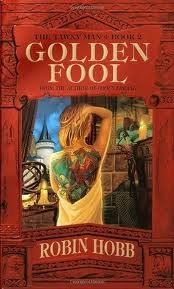 I have really a lot of thoughts about Golden Fool, which (unless something changes) marks the approximate midpoint of Hobb’s travels in her world of assassins and Elderlings and dragons. That clause looks like the kind of clause you say to fill time, but I meant it to actually convey something, which is that the many swirling thoughts and confusions I have not yet expressed are probably in the right place. After all, if I don’t find myself with more questions than ever and my previously held answers upended in the precise middle of a story, when should I find myself in that predicament?
I have really a lot of thoughts about Golden Fool, which (unless something changes) marks the approximate midpoint of Hobb’s travels in her world of assassins and Elderlings and dragons. That clause looks like the kind of clause you say to fill time, but I meant it to actually convey something, which is that the many swirling thoughts and confusions I have not yet expressed are probably in the right place. After all, if I don’t find myself with more questions than ever and my previously held answers upended in the precise middle of a story, when should I find myself in that predicament?
But anyway, the series and the world continues to be both really good and to not bother me as much as it has in the past, on an emotionally depressive level I mean. So those are both things that are great! In addition, they are pretty much the only things I can say that are not spoilers. Well, that’s not quite true. My one line not very spoilerly summary goes like this: this is the book where Fitz learns how to interact with humans again.
Everything else below the cut, though.
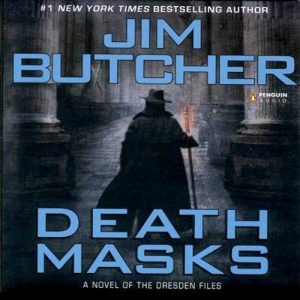 So, uh, massive spoilers for not so much this book but for the entire series through Peace Talks, which is not yet published as of this review. Don’t read farther unless you don’t mind.
So, uh, massive spoilers for not so much this book but for the entire series through Peace Talks, which is not yet published as of this review. Don’t read farther unless you don’t mind.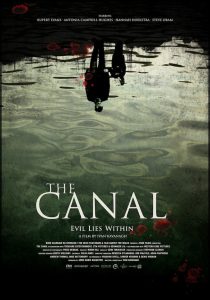 When I started thinking last night about my review of
When I started thinking last night about my review of 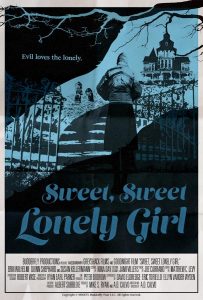 I scrolled to the tail end of my watch list on Shudder last night, because it’s been a minute or three since I watched anything there that wasn’t hosted by Joe Bob Briggs. The movie at the end was conveniently short (since I was halfway thinking about going to sleep early instead) and in English (since I wanted to get my outstanding review handled before the plot got very busy[1]), so perfect placement, and thusly did I watch
I scrolled to the tail end of my watch list on Shudder last night, because it’s been a minute or three since I watched anything there that wasn’t hosted by Joe Bob Briggs. The movie at the end was conveniently short (since I was halfway thinking about going to sleep early instead) and in English (since I wanted to get my outstanding review handled before the plot got very busy[1]), so perfect placement, and thusly did I watch 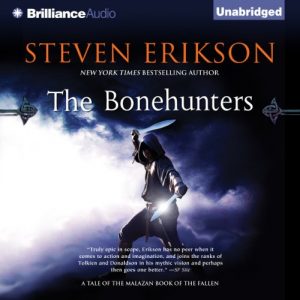 Jesus, I read
Jesus, I read 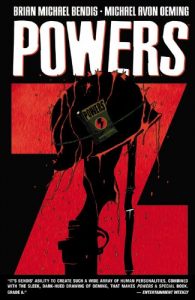 Considering how close I am to the end of the published Powers series, you would think I would not have gone three and a half years since
Considering how close I am to the end of the published Powers series, you would think I would not have gone three and a half years since 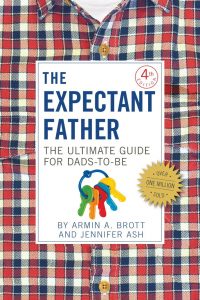 There are two things working against me here. 1) I am not used to reviewing reference books, and 2) I’ve been reading
There are two things working against me here. 1) I am not used to reviewing reference books, and 2) I’ve been reading 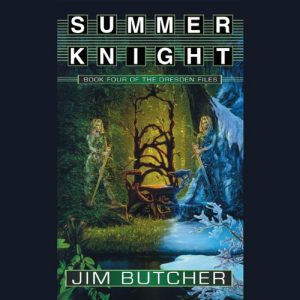 I am shocked to see that we finished listening to the last Dresden Files book less than six month ago. It really seems much longer ago. Which means that yay, still accomplishing something here. Anyway: as usual, the first and most important part of
I am shocked to see that we finished listening to the last Dresden Files book less than six month ago. It really seems much longer ago. Which means that yay, still accomplishing something here. Anyway: as usual, the first and most important part of  This will be a long one. It will definitely contain a bunch of spoilers, but not for a while and not without notice. Also below a cut, but that’s only so useful unless you’re on the front page of my site, and nobody but me ever is.
This will be a long one. It will definitely contain a bunch of spoilers, but not for a while and not without notice. Also below a cut, but that’s only so useful unless you’re on the front page of my site, and nobody but me ever is.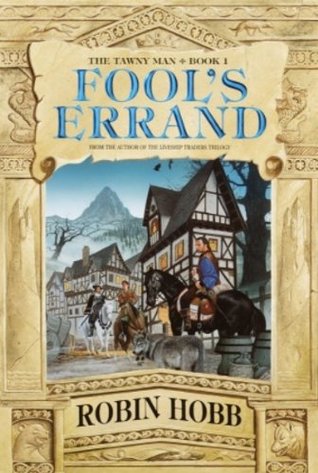 My Hobbsian (and let’s be honest, to a very real extent Hobbesian) journey continues, with the first book of the Tawny Man trilogy.
My Hobbsian (and let’s be honest, to a very real extent Hobbesian) journey continues, with the first book of the Tawny Man trilogy.